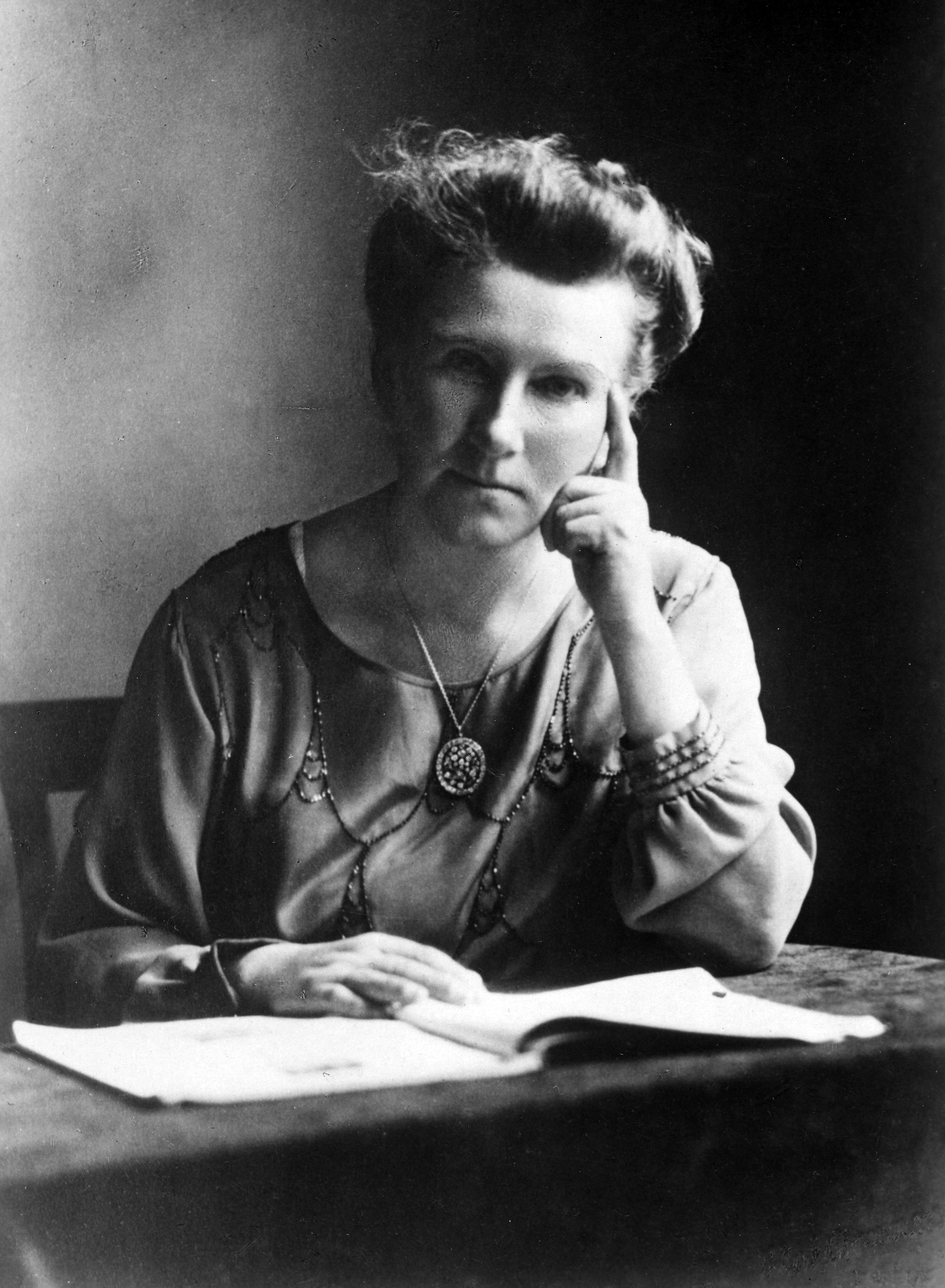Gender quotas unlikely for Swiss economy

With the European Union moving closer towards imposing a fixed gender quota on company boards, the issue of how to address the dearth of women in positions of power in the economy is back on the radar in Switzerland.
Companies listed in EU countries could be forced to have more women on their boards, with a target of 40 per cent by 2020, under rules proposed by the European Commission earlier this month.
In 2010 just four per cent of senior executive positions in Switzerland were held by women, and women made up 8.3 per cent of company boards. These figures haven’t moved much in over a decade, according to the State Secretariat for Economic Affairs (Seco).
Last year Seco issued a code of good practice to encourage firms to appoint more women to top positions but Heliane Canepa, the first woman chief executive of an SMI (Swiss Market Index) 100 company, says the time for voluntary action is over.
“Ten years ago we had the same discussion and firms swore they would improve. They introduced a whole lot of women’s programmes and there was lots of talk. But these companies still have no women at the top,” she told swissinfo.ch.
Diversity
The Swiss Business Federation (economiesuisse) rejects the idea of fixed quotas, preferring to encourage internal company targets, backed up by the promotion of family-friendly work practices.
“From a business perspective, rigid legal quotas are the wrong answer to the underrepresentation of women on boards,” Meinrad Vetter, deputy head of competition and regulation, told swissinfo.ch.
Any EU quotas would not apply to Switzerland, as it is not bound by EU laws unless a bilateral accord is drawn up on a particular issue. Although increasingly Switzerland has come under pressure to adapt to EU regulations.
Previous versions of the EU plan had included a compulsory minimum of 40 per cent women on non-executive boards by 2020. But this has now been changed to giving priority to equally qualified women.
But even this is problematic, according to Vetter. “That sounds very easy but in practice it’s not. Diversity is key in a board of directors and diversity includes not only gender but also the mix of nationalities, experience, education and so on.”
Vetter believes the imbalance will be redressed naturally in time. “I think it’s in the interest of every company to have women on the board and you don’t need to compel them.”
Female benefit
The benefit of some level of female participation in company boards was demonstrated in a recent Credit Suisse Research Institute report.
Stocks of companies with at least one woman on the board outperformed those of their peers with no women on the board by 26 per cent over the course of the last six years.
However, there is still a lack of political will to introduce gender quotas in Switzerland. Last year the House of Representatives rejected a motion calling for gender quotas on company boards by 102 votes to 57.
The struggle continues at a local level, with Christine Thommen for example, a Radical Party politician in the city of Schaffhausen who last month submitted a proposal for a 35 per cent quota for women in middle and upper management at the city’s public administration.
“I don’t think it’s the ideal solution but I think the time has come for it to be done, simply because nothing is moving. That is the main reason. Well educated women have been around for a considerable time now but nothing has changed on the top management floors,” she told swissinfo.ch.
But there are some inherent flaws in positive discrimination. Does she not worry that women might lose respect if the impression is created that they have not been promoted on merit?
“It is always that way when you are promoted. The idea that someone was chosen just because she’s a woman is already there now, without quotas,” Thommen said.
Momentum
Canepa believes the quota system need only be temporary until the momentum for promoting women is established. “At the moment only the super women get through and that can’t be allowed to continue. It also has to be possible for normal women to succeed.”
According to Virginie Carniel of Business and Professional Women Switzerland, support for quotas among women in top positions has been a minority view for years but this is beginning to change.
“More and more women are positioning themselves in favour of quotas,” she told swissinfo.ch.
Some recruitment specialists raise the argument that not enough women are seeking promotion.
Female participation in the workforce is high in Switzerland but women tend to have interrupted career paths and are more likely to work part-time, often because of family commitments.
According to the Federal Statistics Office 57.8 per cent of working women have part-time jobs compared with 13.6 per cent for men.
Many Swiss schools still have a two-hour lunch break during which children go home to eat, creating a significant organisational burden for working parents.
These are the practicalities that need to change, according to Vetter, along with changes in corporate culture. “Companies need to promote family-friendly arrangements, offering childcare, flexi-time and home office opportunities.”
“We think that is the discussion we need and not fixed quotas,” he added.
Despite strong resistance from the private sector and limited political support, the debate about positive discrimination will continue as long as women are underrepresented in positions of power.
European Commission proposals put forward in November are the first attempt to introduce binding rules for a gender quota across the 27 EU countries.
The rules would apply to the non-executive boards of publicly traded companies with more than 250 staff, where the European Commission estimates women account for fewer than 15 per cent of positions.
EU states are divided on whether rules on positive discrimination are necessary, with two of the bloc’s biggest economies – Britain and Germany – saying they do not want mandatory quotas imposed by the EU.
Britain, where the share of women on the boards of listed companies rose to 12.5 per cent in 2010 from seven per cent in 1999, welcomed the removal of mandatory quotas.
EU member states will now debate the plan with the Commission and the European Parliament before it can be adopted.
Norway, not a member of the European Union, imposed a 40 per cent quota for non-executive boardrooms in 2003, a target that was reached in 2009. Norwegian companies can be liquidated if they fail to reach the target.
A study of 1,100 professionals with working experience in Switzerland was carried out in 2011 by George Washington University, with support from the US Embassy in Bern. 85% of respondents were women. 70% had Bachelor’s degrees.
Highlights:
89% of men and 54% of women reject a quota system for placing women in boardrooms.
73% of women say there are barriers to women advancing in upper management in Switzerland. (61% of men do not agree.)
89% of women and two-thirds of men say having children negatively affects a woman’s career.
86% of respondents say school schedules should be changed to suit working parents.

In compliance with the JTI standards
More: SWI swissinfo.ch certified by the Journalism Trust Initiative











You can find an overview of ongoing debates with our journalists here . Please join us!
If you want to start a conversation about a topic raised in this article or want to report factual errors, email us at english@swissinfo.ch.